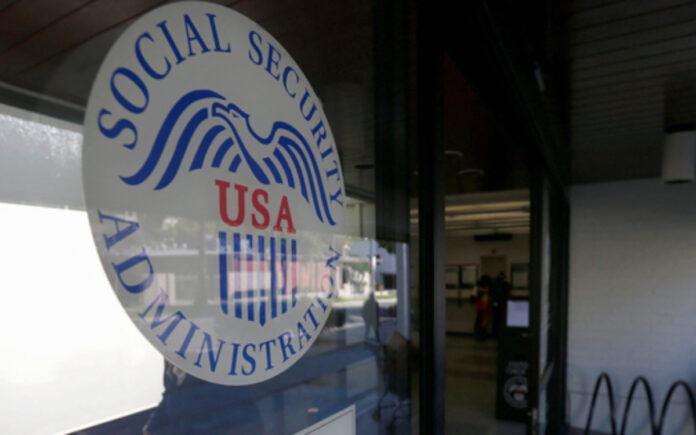Washington: The White House is seeking to eliminate funding for the independent Social Security Advisory Board (SSAB), a bipartisan body that has long provided nonpartisan guidance on Social Security policy, according to two sources familiar with internal discussions. The decision, which has not been publicly disclosed, reflects the Trump administration’s broader efforts to reduce government expenditures and limit independent oversight.
The Office of Management and Budget (OMB) has reportedly notified staff at the SSAB that the board’s approximately $3 million annual budget will be slashed to zero in the upcoming fiscal year beginning October 1. The sources, who requested anonymity due to the sensitive nature of the budget deliberations, said the move effectively halts the board’s operations without formally abolishing it.
Congress created the SSAB in the mid-1990s to serve as an independent federal agency offering expert policy analysis to both the White House and Congress. Though the board lacks direct decision-making authority, its research has been instrumental in shaping legislative and administrative strategies concerning the Social Security Administration (SSA), which disburses $1.4 trillion in annual benefits to over 73 million Americans.
Over the years, the board has contributed to high-stakes policy debates—most notably, the failed 2005 attempt under President George W. Bush to privatize portions of Social Security. It also played a pivotal role in the formulation of a 2018 law aimed at easing the burden on certain benefit representative payees while strengthening oversight for others.
While the SSAB operates independently, its budget is embedded within the SSA’s overall funding request. The proposed cut came as part of OMB’s draft SSA budget for the next fiscal year, submitted earlier this month, according to the sources.
President Donald Trump and his Republican allies have long prioritized downsizing government functions and reducing checks on executive authority. Earlier this year, the administration removed 17 inspectors general, watchdogs charged with identifying waste, fraud, and abuse within federal agencies.
Bob Joondeph, the current SSAB chair and one of two Democrats on the four-member board, told Reuters he had not received formal notification about the defunding decision.
Its strength is its bipartisanship. It’s one of the few places you can go in government and get something that a bunch of people from different parties can reach consensus on,” Joondeph said in an interview.
“The fact that it would be eliminated, to me is symbolic of sort of the larger trends in Washington.”
Also Read | Trump’s Immigration Policies Cast Long Shadow Over Relationship With Pope Francis
The SSA has already been targeted by budget hawks. Tech mogul Elon Musk’s Department of Government Efficiency has pressed for aggressive cuts, prompting widespread concern over staffing shortages and increasing delays in services. The SSA has recently announced it will cut 7,000 positions—around 12% of its workforce.
Requests for comment from the SSA, OMB, and the two Republican-appointed SSAB members went unanswered. According to one of the sources, Joondeph has instructed staff to seek clarification from OMB regarding its legal authority to zero out funding for an independent federal board.
Most of the SSAB’s funding is allocated to staff salaries. While defunding would effectively suspend the board’s operations, a formal shutdown would require congressional action.
Also Read | No Deal: Diddy Heads to Trial Claiming ‘Swinger’ Culture, Not Sex Crimes
Henry Aaron, a senior fellow at the Brookings Institution and a former chair of the SSAB, noted the board’s value despite its limited influence.
Hal Daub, a Republican former congressman who chaired the SSAB from 2002 to 2006, acknowledged the board’s past utility but cast doubt on public support for its continued existence.
“I don’t see any great groundswell of special interests that would be arguing that it’s so valuable … that it should be exempted from any spending reductions or elimination,” Daub said.



